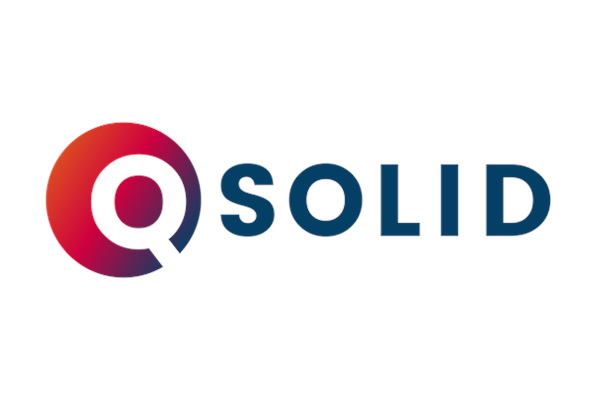
Atotech will support the research consortium with expertise on electrolytic deposition of indium.
Atotech is one of the technology companies involved in QSolid consortium, a joint project of twenty-five German research institutions and companies that are developing Germany’s first error-improved quantum computer. The project will be funded by the German Federal Ministry of Education and Research with € 76.3 million over the next five years.
Atotech, a provider of specialty chemicals, equipment, software and services, is working together with several other manufacturers and start-ups to set up a comprehensive ecosystem embedded in the supercomputing environment at the research centre in Juelich, that will then be made accessible to external users.
“Atotech is committed to innovation, and we look forward to collaborate with the consortium partners on new solutions to enable quantum computing. It is highly motivating to work with so many partners on such a cutting-edge program, and we are very proud to be part of the QSolid team,” has declared Brian Daniels, the vice-president of the R&D division at Atotech.
As part of the supply-chain segment of the project, Atotech is responsible for the electrolytic deposition of indium onto suitable superconducting substrates, which is needed to connect the sensitive qubit wafer – that represents the logic of the quantum computer – to the interposer and the readout wafer.
“The main challenge, however, is to create a set of layers that is compatible with the high demands of superconducting quantum computing. The quantum computer requires interconnects that are superconductive at temperatures above 1 K. Our experts at Atotech are developing a process for indium deposition which aims to cover these requirements,” has added Ralf Schmidt, the R&D manager for semiconductor at Atotech.
A first demonstrator of the quantum computer is planned to start operating in mid-2024.